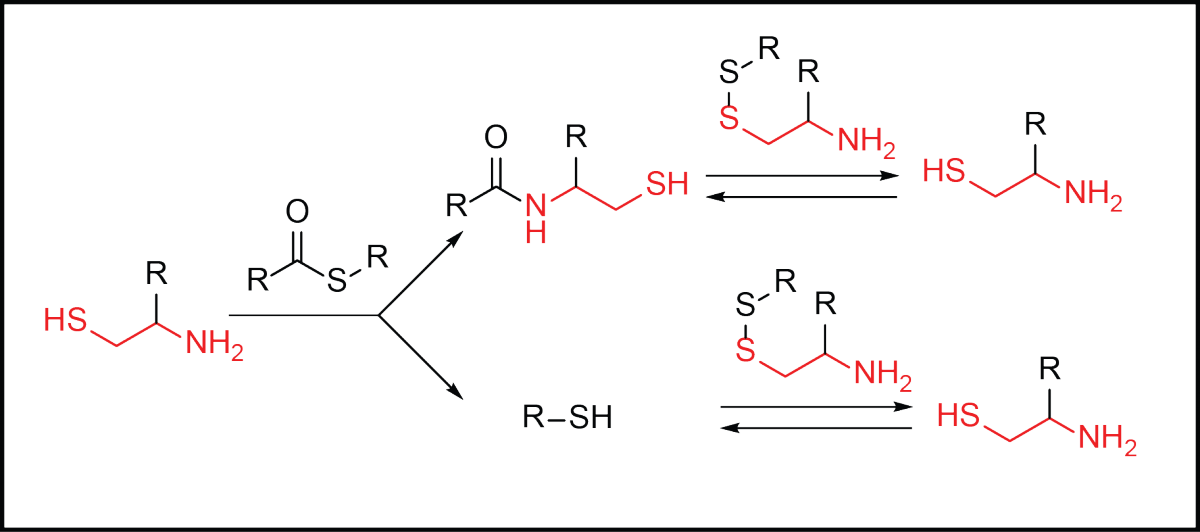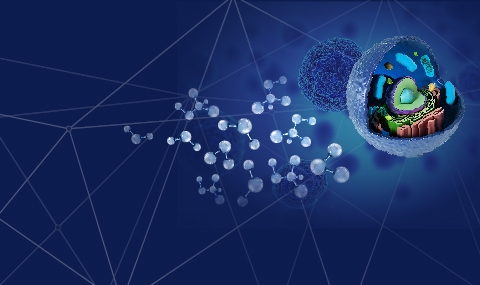Autocatalysis is a key phenomenon for the origin of life and for life in general. Autocatalysis allows complex, information reach molecules, to proliferate and, thus, overcomes a core problem in understanding of the origin of life – th at is dilution. Nevertheless, autocatalysis in the systems of organic reactions is very rare and the majority of past experimental efforts focused on template-directed self-replication.
at is dilution. Nevertheless, autocatalysis in the systems of organic reactions is very rare and the majority of past experimental efforts focused on template-directed self-replication.
In our group, we focus on catalytic amplification aspect of autocatalysis. We think that effective chemical amplification, which ensures survival and proliferation, might be very important in the early stages of emergence of life from prebiotic molecules.
We have two research directions: (i) development/discovery of new autocatalytic systems based on simple organic building blocks (e.g. nitriles, alkynes, aldehydes, etc.) and transition metals; (ii) study of chemical evolution in the recently developed thiols autocatalytic reaction.
Aside from fundamental interest for the origin of life, autocatalytic systems that use simple organic building blocks are practically interesting as self-sustained processes converting simple raw materials into complex organic products.
Sergey N. Semenov, Lewis J. Kraft, Alar Ainla, Mengxia Zhao, Mostafa Baghbanzadeh, Victoria E. Campbell, Kyungtae Kang, Jerome M. Fox, George M. Whitesides “Autocatalytic, Bistable, Oscillatory Networks of Biologically Relevant Organic Reaction” // Nature, (2016), 537, 656 – 660.


